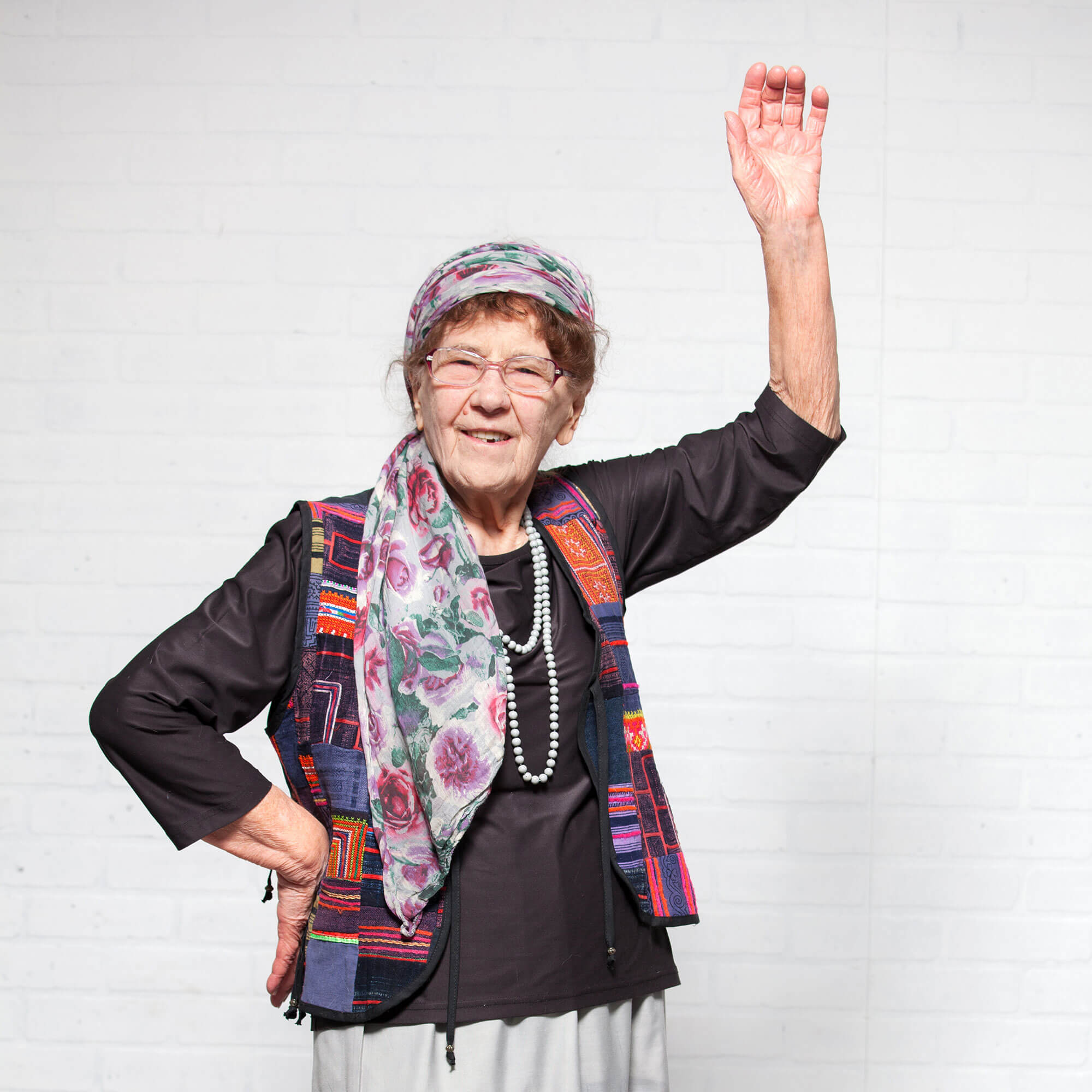Inflammation
This is one of the key concepts to understand ageing, and its effects on our body seem to depend on an imbalance between pro-inflammatory and anti-inflammatory factors. What does this mean and where does this hypothesis come from? When inflammation is a problemOur immune system has been “modelled” by evolution: it is quite efficient in the face of acute infections and inflammation, the result of the physiological response to aggression that comes to us from outside, contributes to the body’s defence.Inflammaging"Chronic low-grade inflammation" or inflammaging, such as a state of low intensity but constant organic inflammation (associated with an increase in some proteins, the inflammatory cytokines) that causes damage to the body. is a state of low grade but chronic inflammation that causes damage to our organic tissues.
 Low-grade chronic inflammation plays an important role in the onset of diseases associated with ageing and in the fragility of older people.It is well known, in fact, that inflammaging plays an important role in the onset of diseases associated with ageing and in the fragility of older people. At the same time, inflammation mechanisms are also less effective. This is another problem.But centenarians don’t
There is, however, one exception to the rule: centenarians, who in fact, in most cases, seem to be “immune” to age-related diseases. They have long been at the centre of numerous research projects, including that of the immunologist Claudio Franceschi of the University of Bologna.
Low-grade chronic inflammation plays an important role in the onset of diseases associated with ageing and in the fragility of older people.It is well known, in fact, that inflammaging plays an important role in the onset of diseases associated with ageing and in the fragility of older people. At the same time, inflammation mechanisms are also less effective. This is another problem.But centenarians don’t
There is, however, one exception to the rule: centenarians, who in fact, in most cases, seem to be “immune” to age-related diseases. They have long been at the centre of numerous research projects, including that of the immunologist Claudio Franceschi of the University of Bologna.Genetic variations have been identified that reduce the inflammation sensitivity and are more prevalent in centenarians.
Epigenetic ageing
The key questions are: is this a DNA issue? What is the role of the environment? Are they also subject to chronic low-grade inflammation or not?Obviously, DNA’s involved, all right. Genetic variants have been identified (genes that differ only by one “letter”) that reduce the propensity to inflammation. Well, these variants are present to a greater extent in centenarians than those suffering from age-related diseases. Pro-inflammatory factors are compensated for by an effective anti-inflammatory response in centenarian people. It is this balanced relationship that makes it possible to reach old age in good health.
Pro-inflammatory factors are compensated for by an effective anti-inflammatory response in centenarian people. It is this balanced relationship that makes it possible to reach old age in good health.In centenarians the pro-inflammatory and anti-inflammatory factors are in balance




